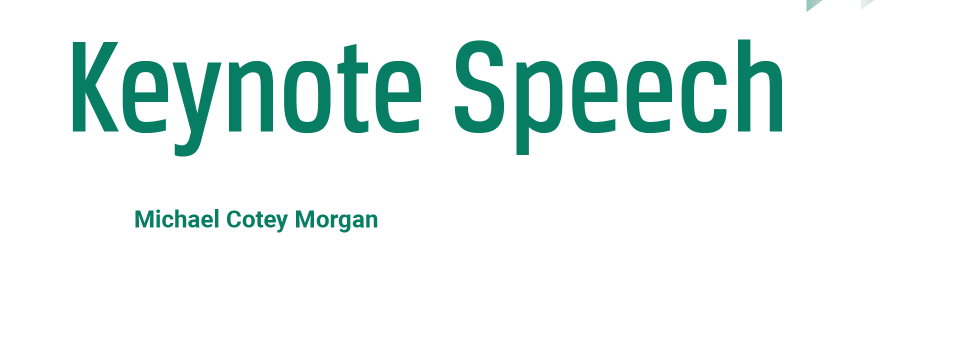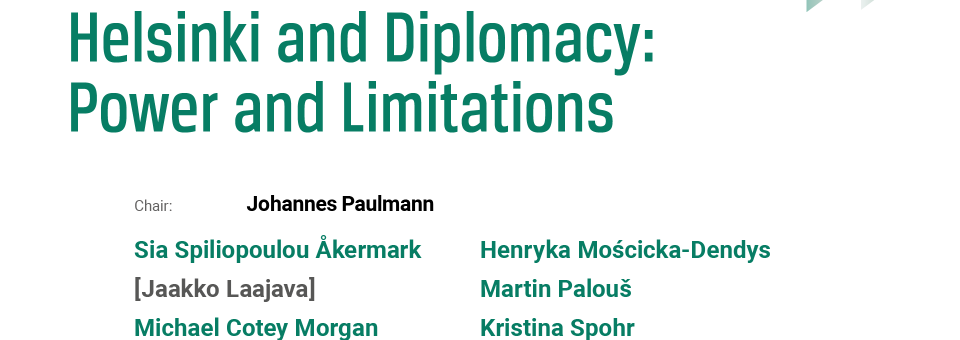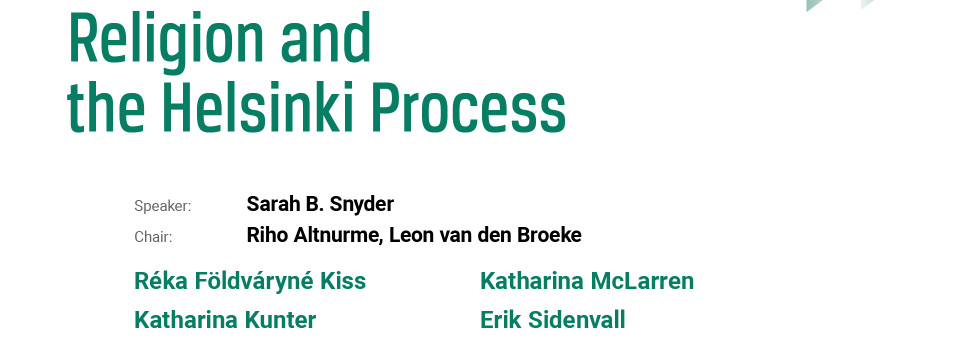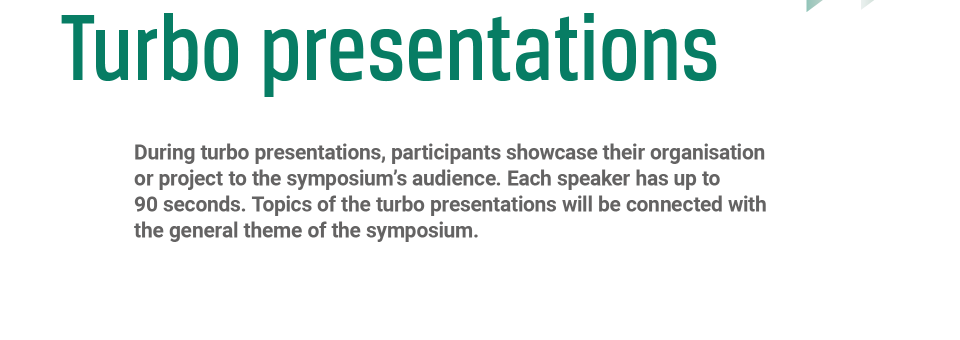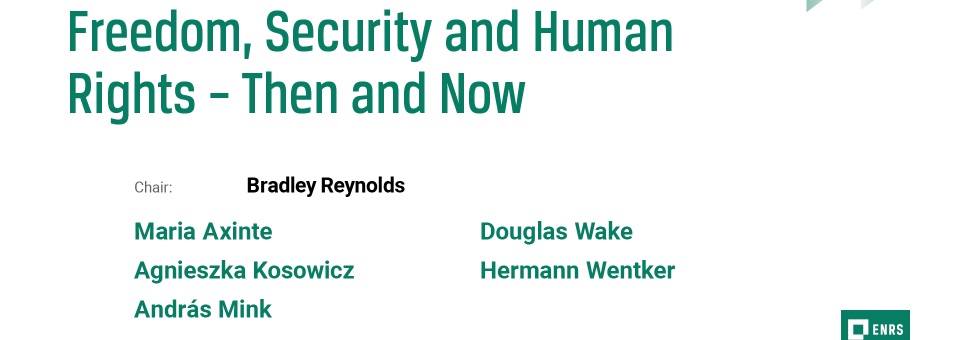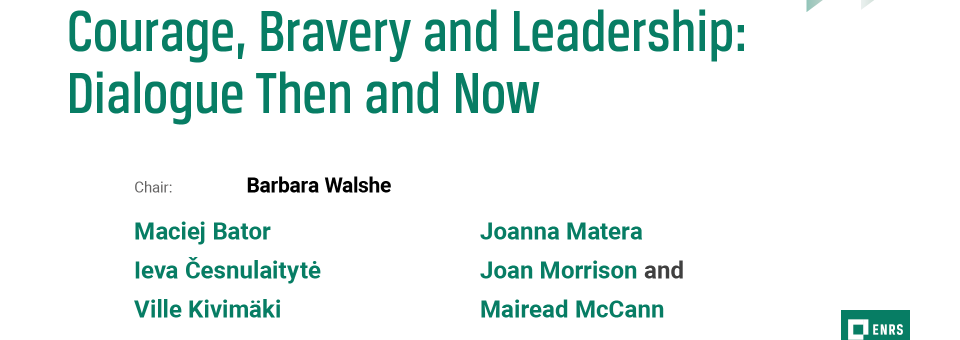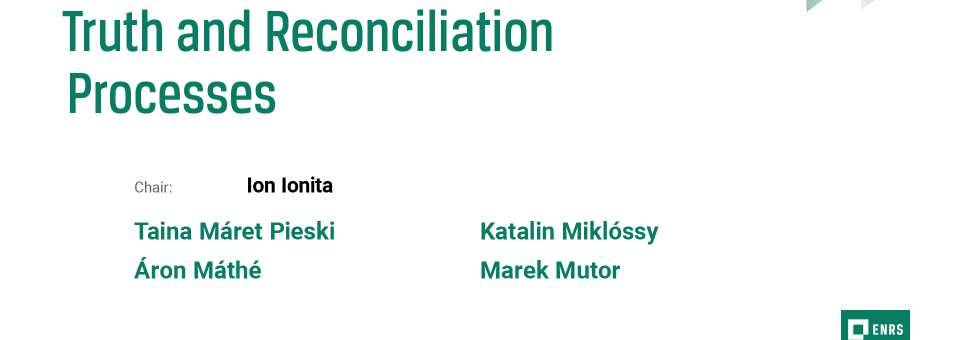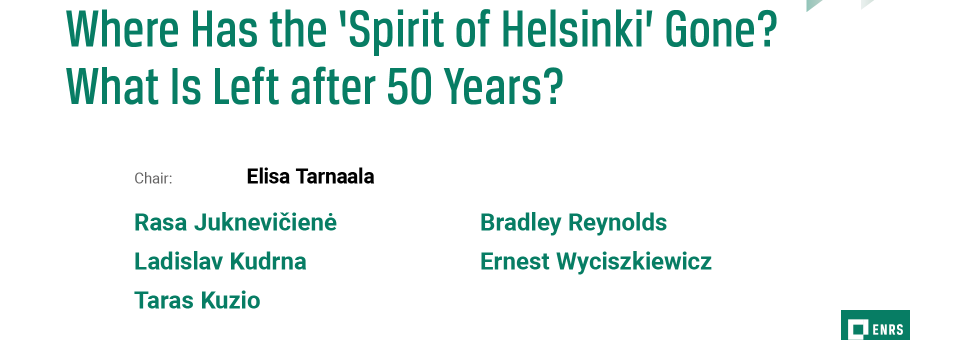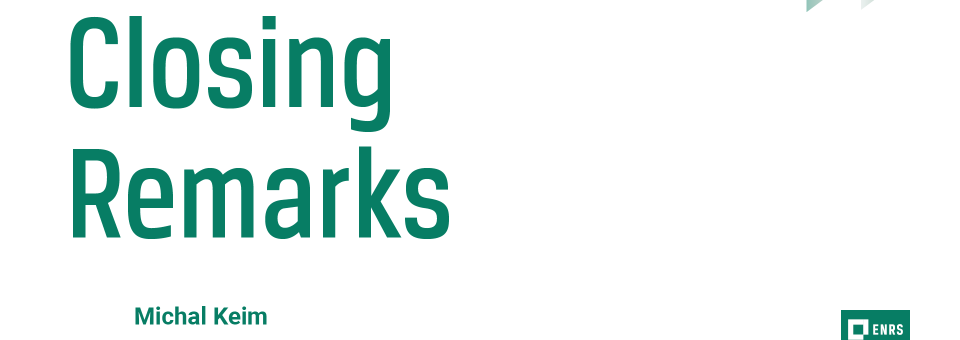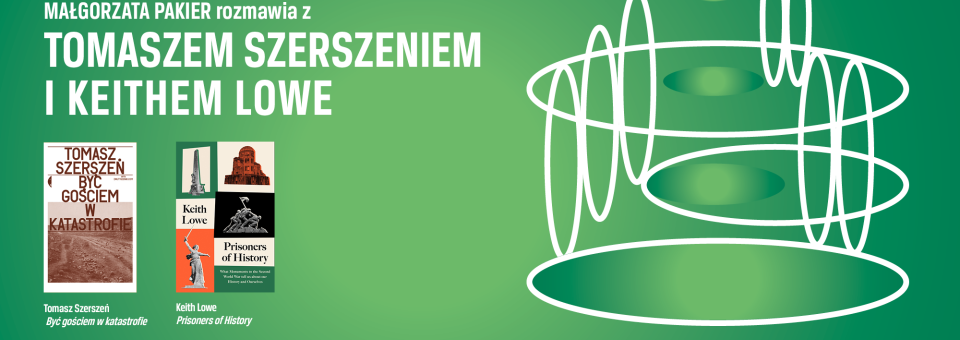The 13th European Remembrance Symposium & International Conference, held in Helsinki in June 2025, marked the 50th anniversary of the Helsinki Final Act. Organized by the European Network of Remembrance and Solidarity and partners, the event explored the historical and contemporary significance of the 1975 Conference on Security and Cooperation in Europe (CSCE).
Through panels, discussions, and site visits, participants reflected on the Spirit of Helsinki, its impact on Cold War diplomacy, human rights, and civic movements in Eastern Europe, and examined its relevance to today’s global challenges, including conflicts in Ukraine and the Middle East.
The symposium gathered historians, diplomats, educators, and cultural professionals to foster dialogue and international cooperation around memory, history, and peacebuilding.
Learn more about the 2025 event here.

